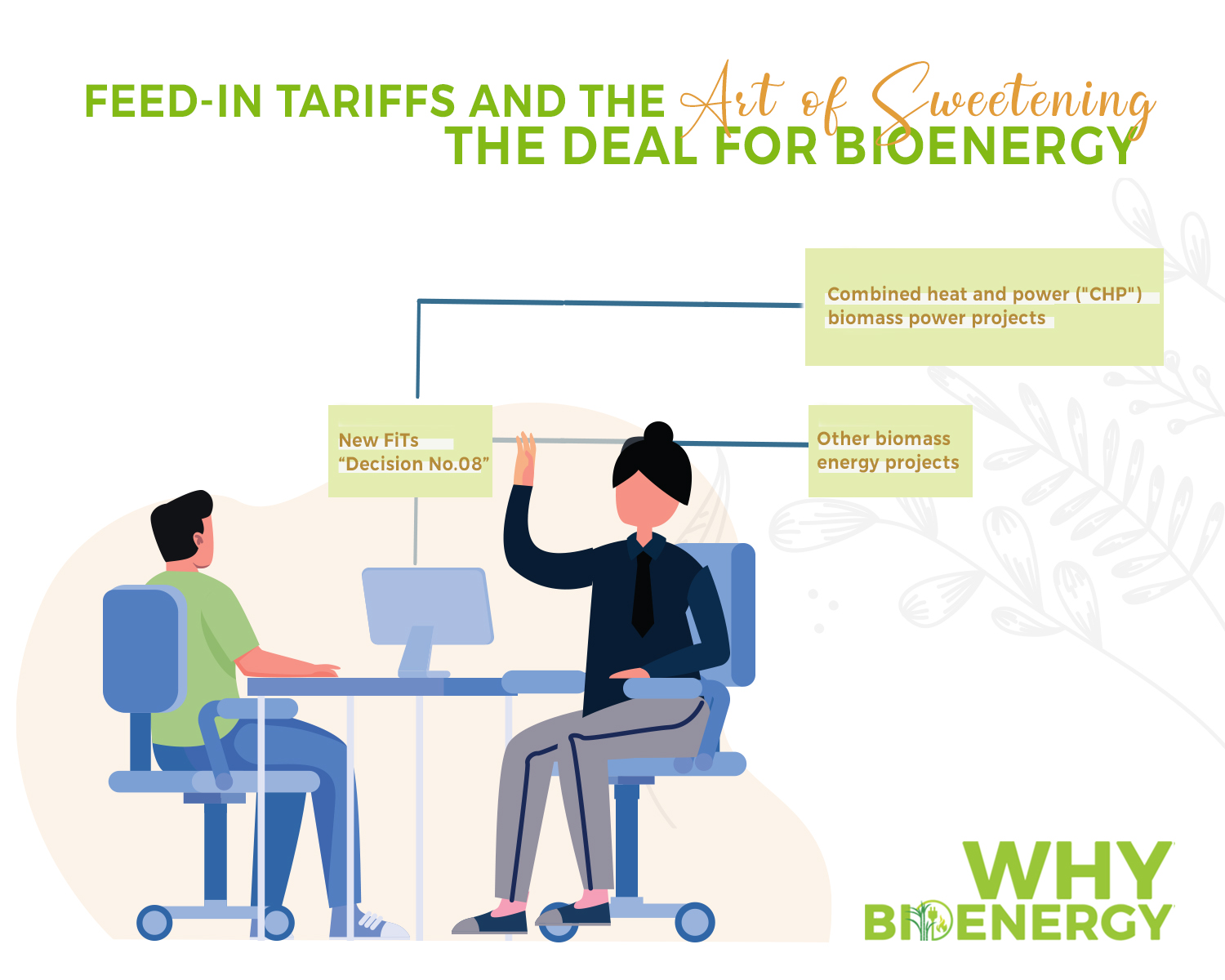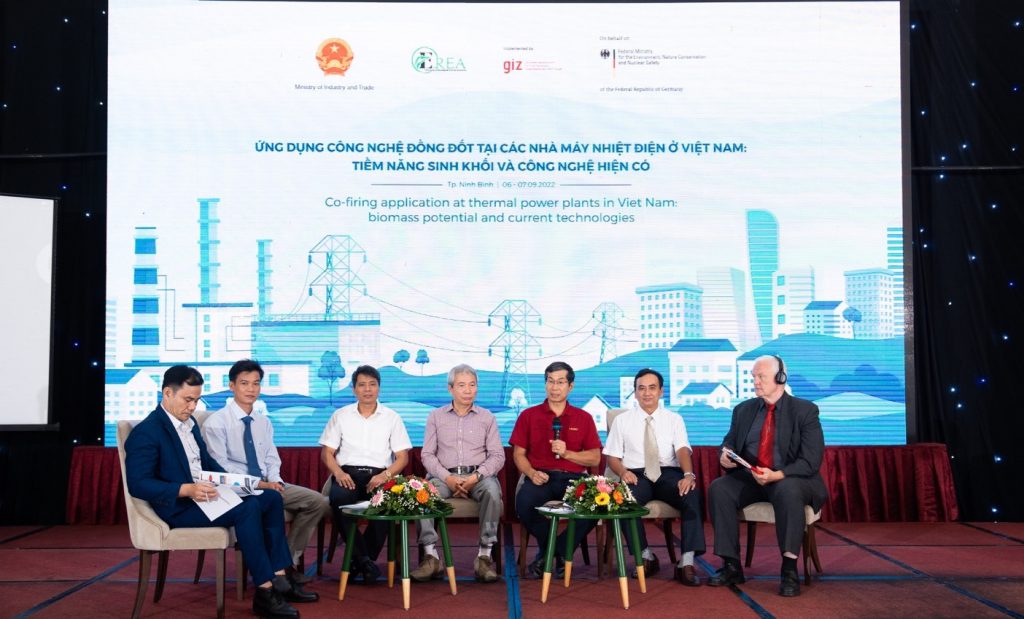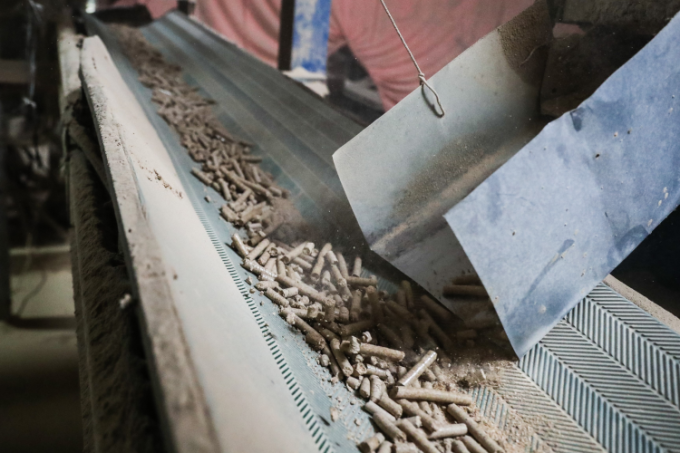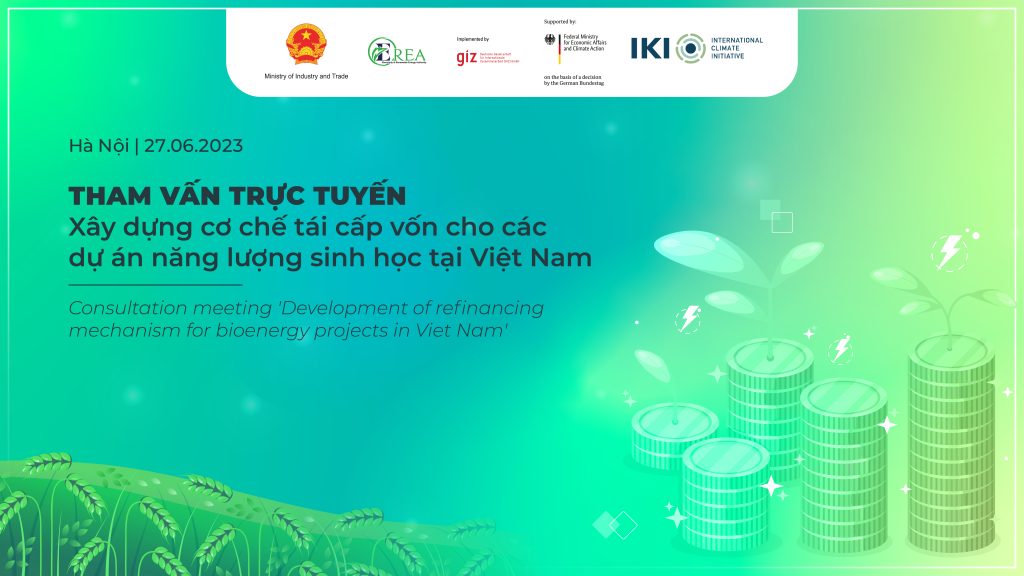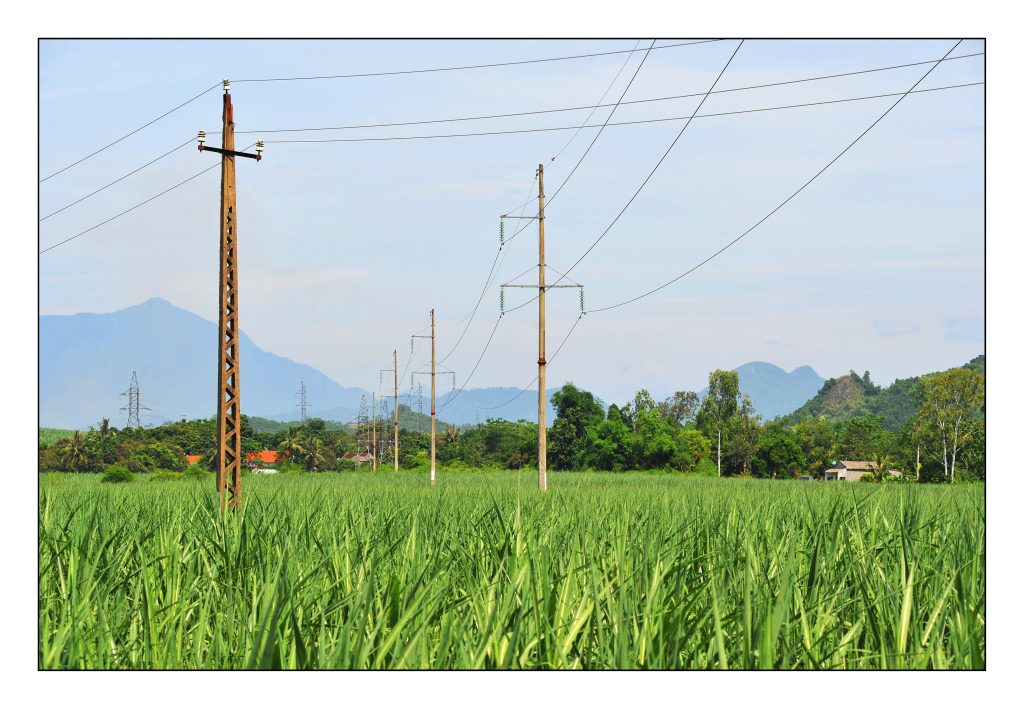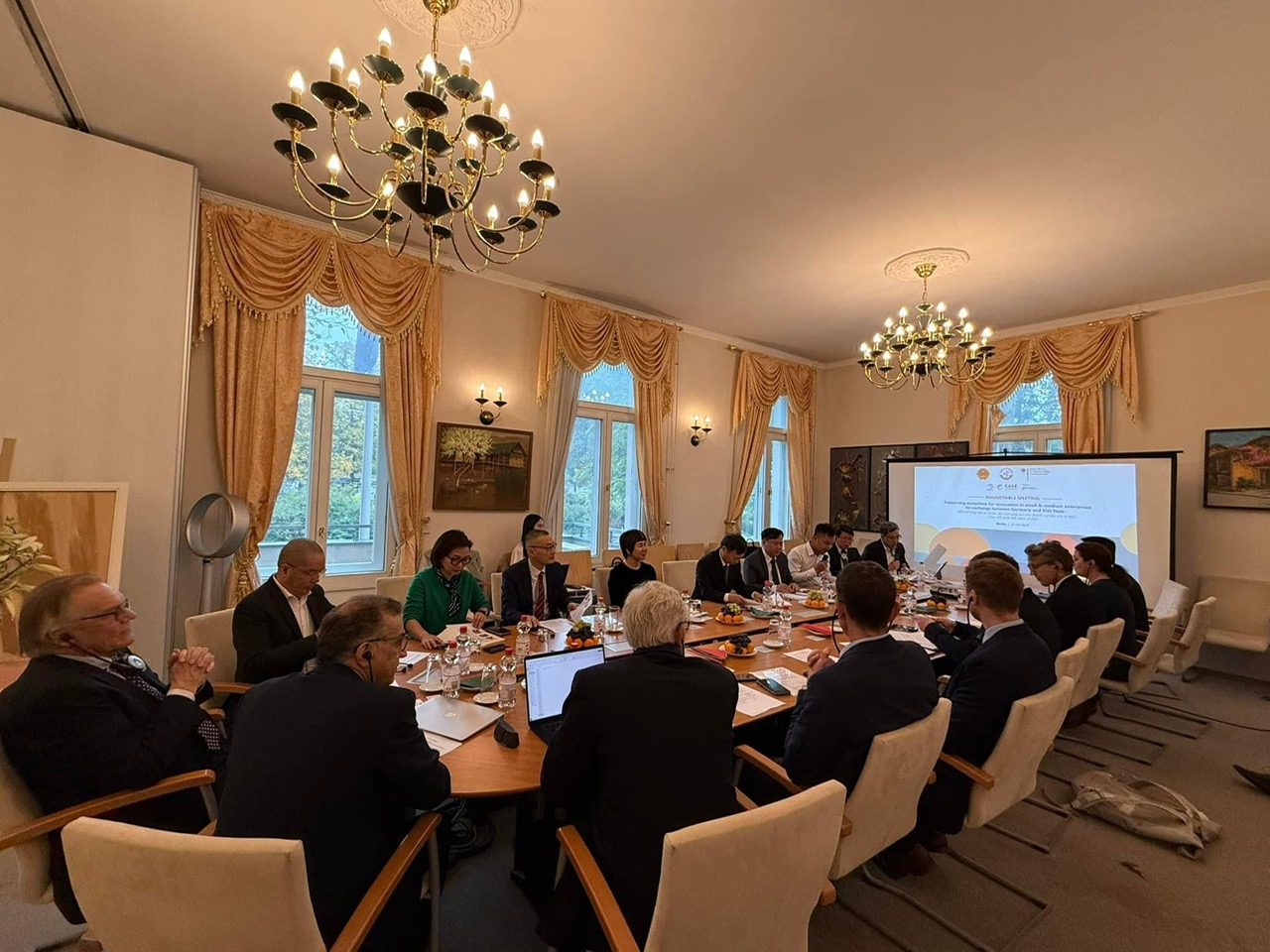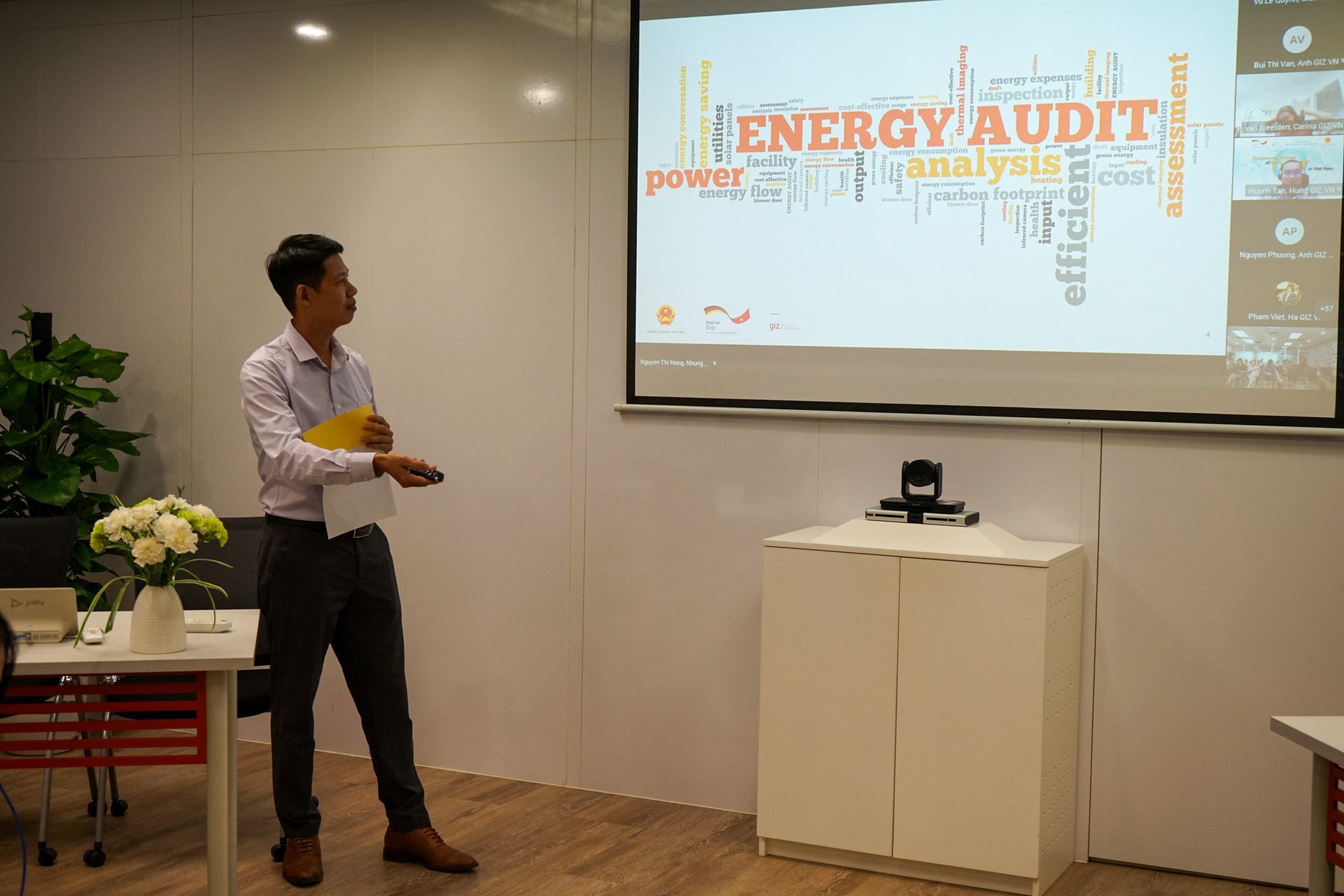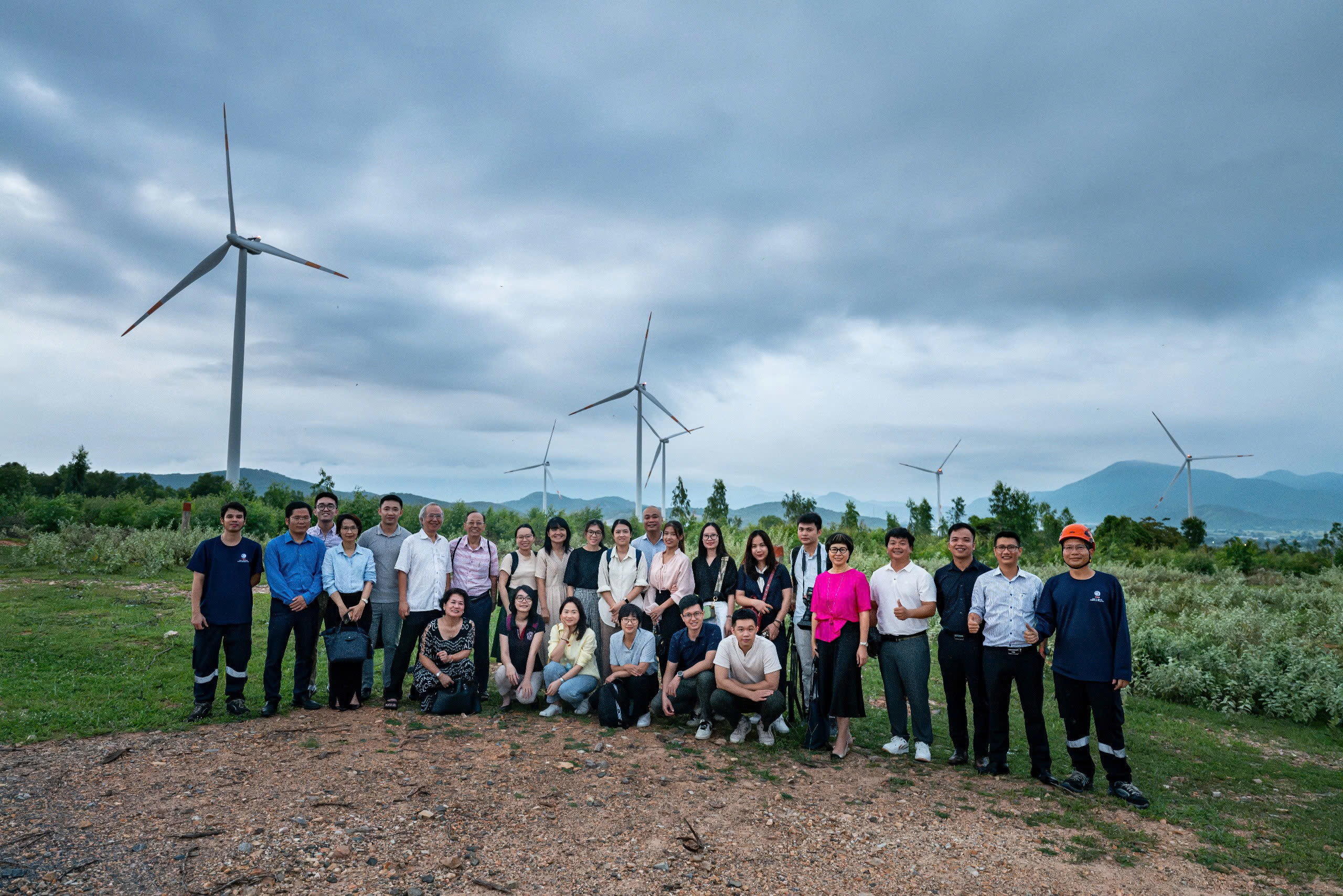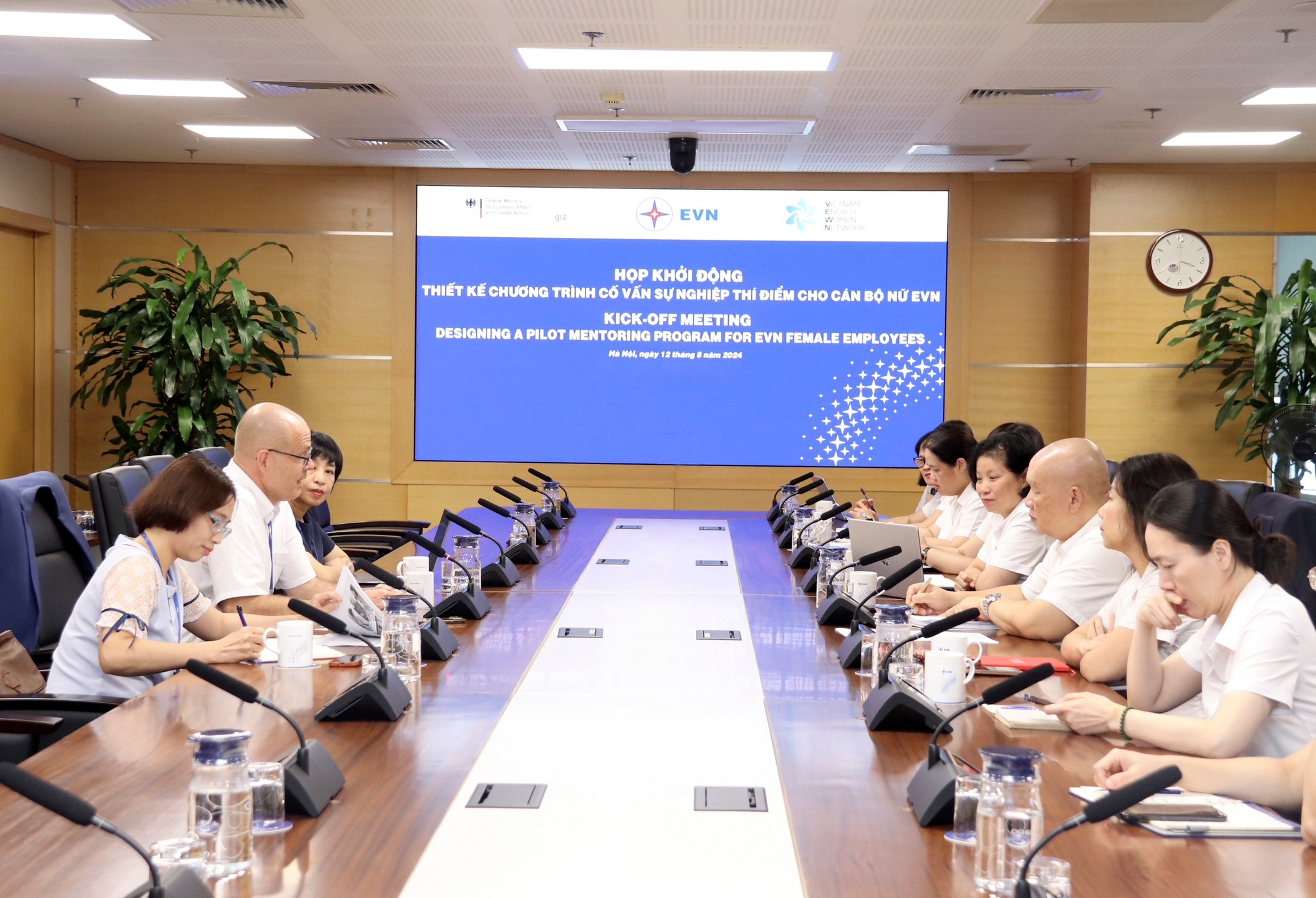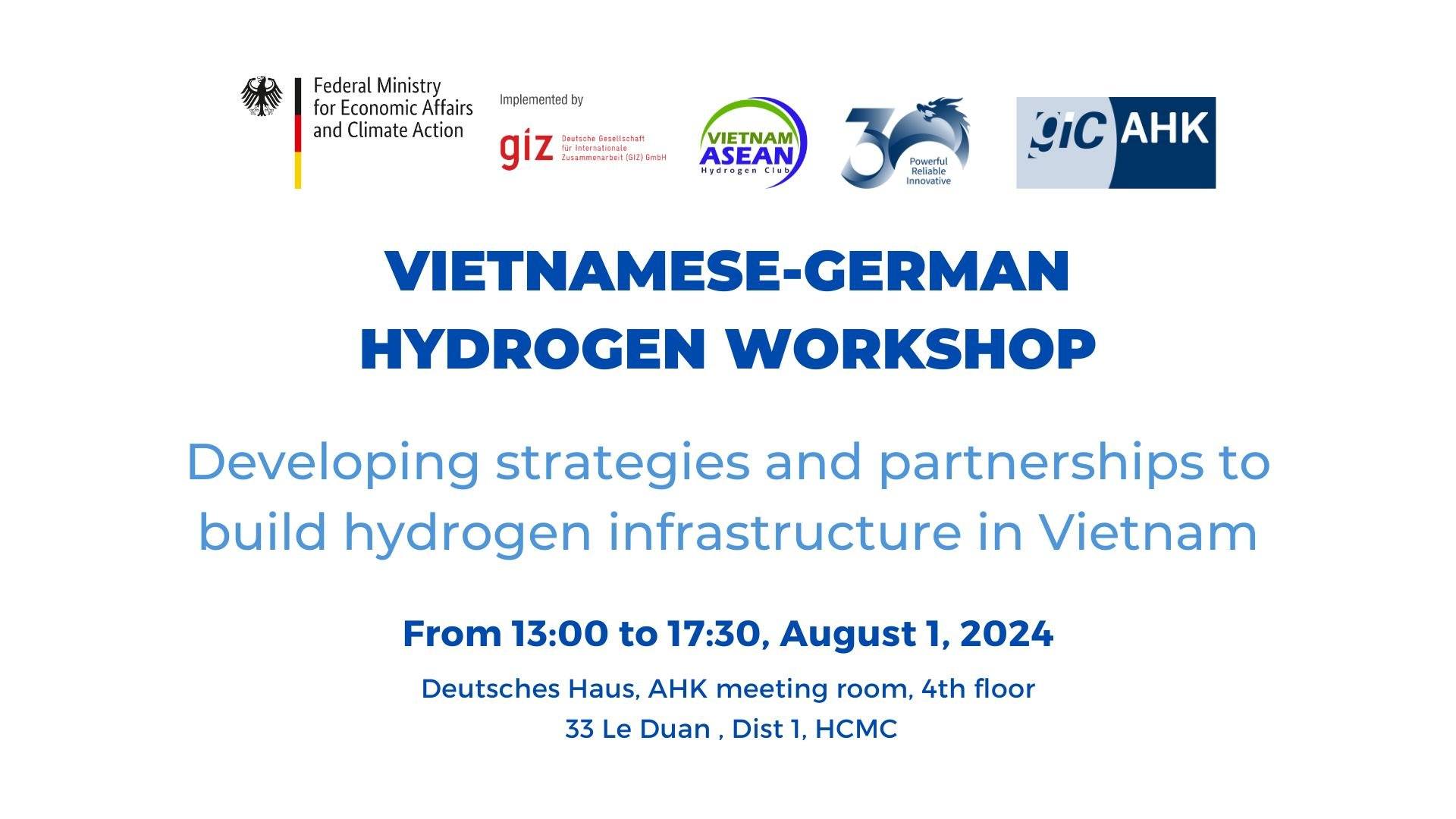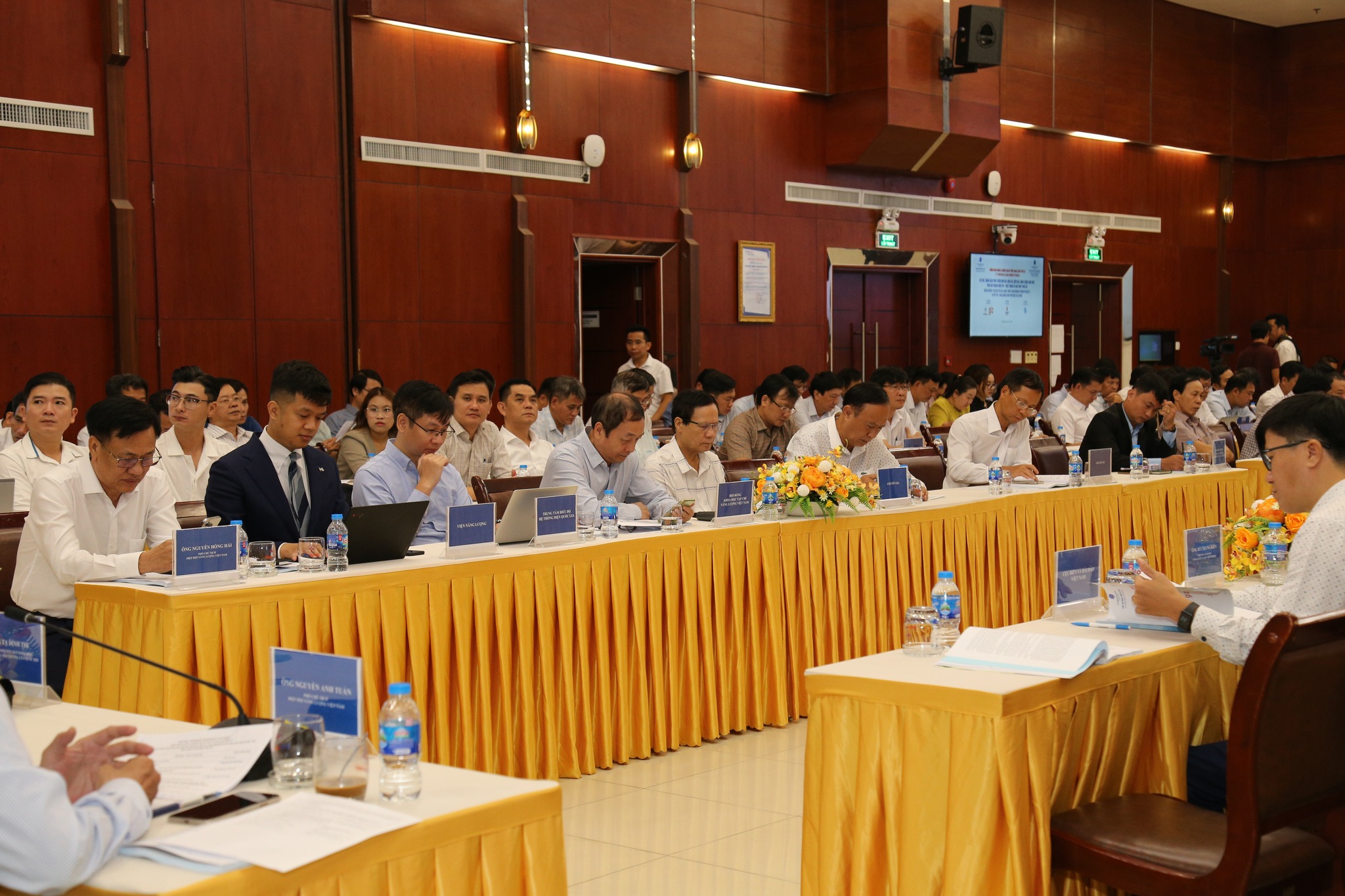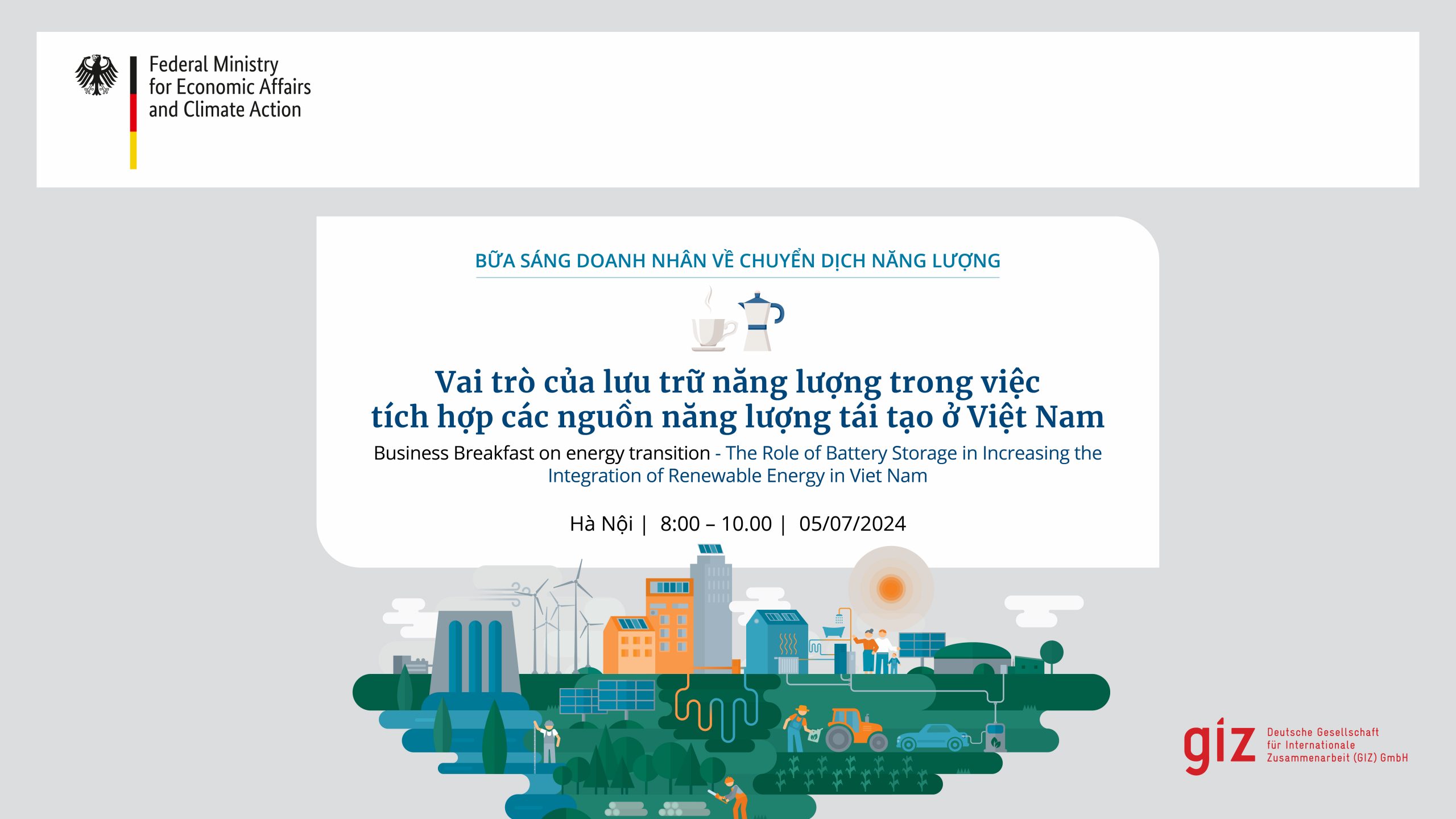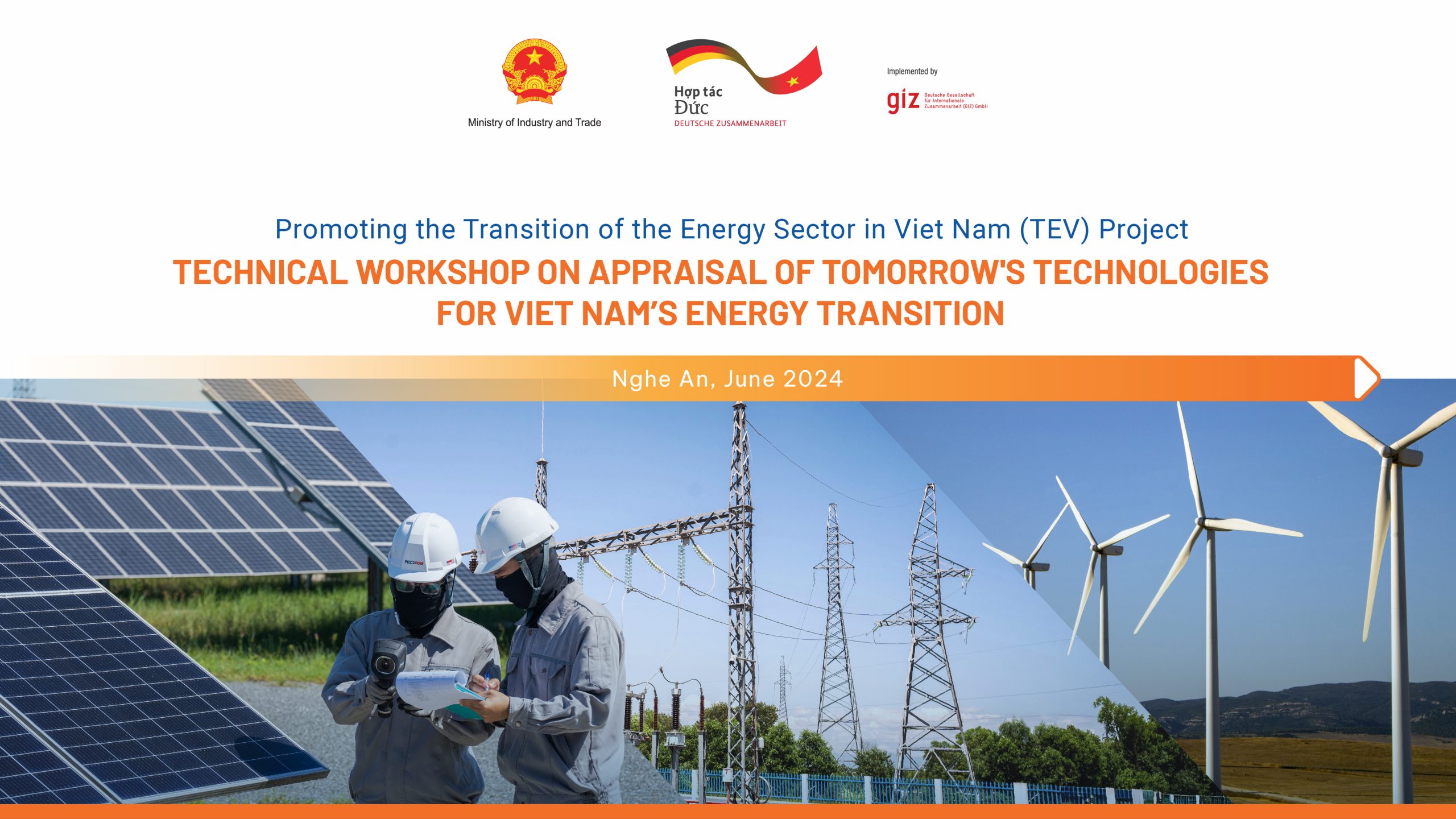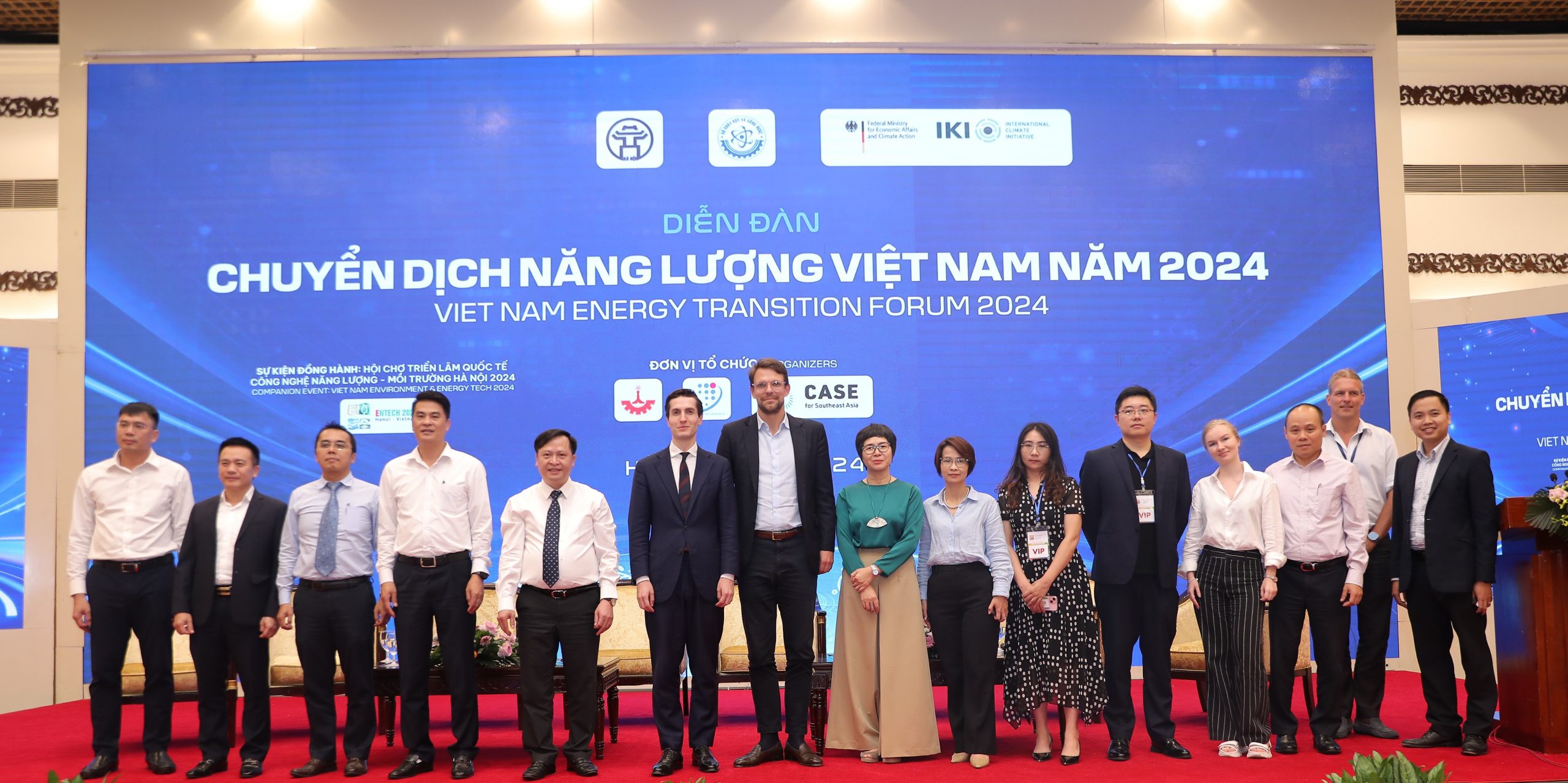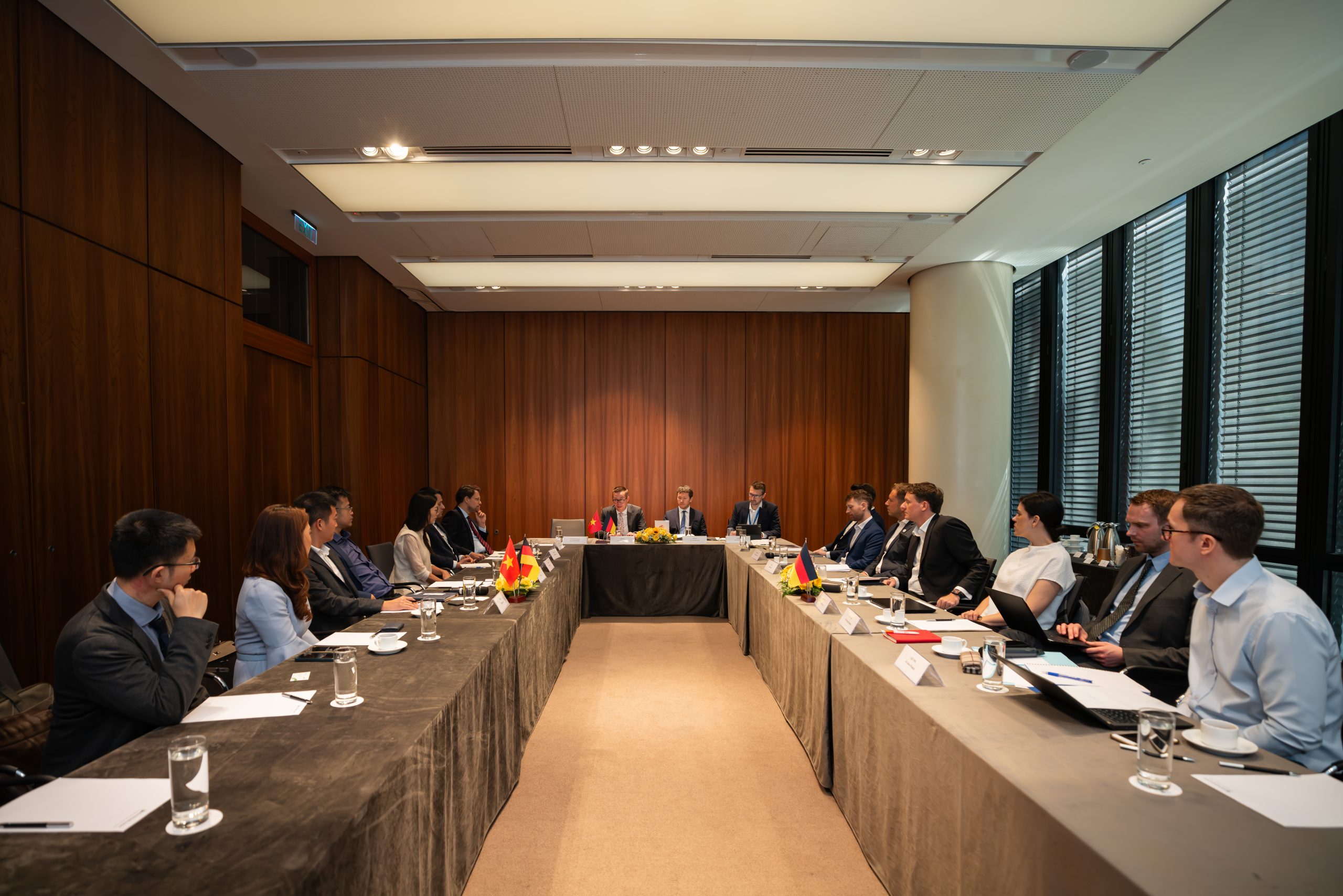In order to promote any type of renewable energy, governments are equipped with the very powerful measure of fixing long-term Feed-in Tariffs (FIT), that is to say the prices at which electricity generated from renewable energy sources and fed into the public grid will be bought by the government. FITs are aimed at incentivizing investments and financing in renewable energy by offering secure paybacks over a fixed period. The specific FITs set by authorities reflect the prioritization of a certain type of renewable energy as well as its use.
For the example of bioenergy, the FIT would reflect whether the aim is to promote self-consumption and additional income from the sale of surplus electricity for agro-industries (FIT set lower) or the explicit promotion of bioenergy as an independent source of income for plant operators irrespective of self-consumption (higher FIT).
On 5 March 2020, the Government Viet Nam officially issued ‘Decision No. 08’ amending Decision No. 24/2014/QD-TTg dated 24 April 2014 (“Decision No. 24”) on support mechanisms for the development of biomass power projects in the country. Effective from 25 April 2020, Decision No. 08, among other revisions, increases FIT for biomass power projects.
For biomass power projects, the specific provisions on the FIT for grid-connected state:
- For combined heat and power (“CHP”) biomass power projects: 7.03 US cent per kWh (exclusive of VAT) (increased from 5.8 US cent per kWh under the previous Decision No. 24);
- For other biomass energy projects: 8.47 US cent per kWh (exclusive of VAT) (instead of the avoided cost tariff under the current Decision No. 24).
The proposed FIT will be adjusted in accordance with the VND-USD exchange rate. The proposed FIT is to be applied throughout the Power Purchase Agreement (PPA) term of 20 years from the commercial operation date.
According to the Vietnamese Ministry of Industry and Trade (MOIT), the revision of the former FIT pays tribute to the government’s desire to see a more pronounced growth in the bioenergy sector spurred by stronger private sector engagement. These efforts are going to contribute to achieving the target of power production from biomass energy to constitute 1.2% (in 2025) and 2.1% (in 2030) of the country’s total energy mix.
Decision No. 08/2020/QD-TTg of the Prime Minister dated 5 March 2020 amending and supplementing a number of articles of Decision No. 24/2014/QD-TTg on support mechanisms for the development of biomass power projects in Viet Nam (“Decision No. 08”).



